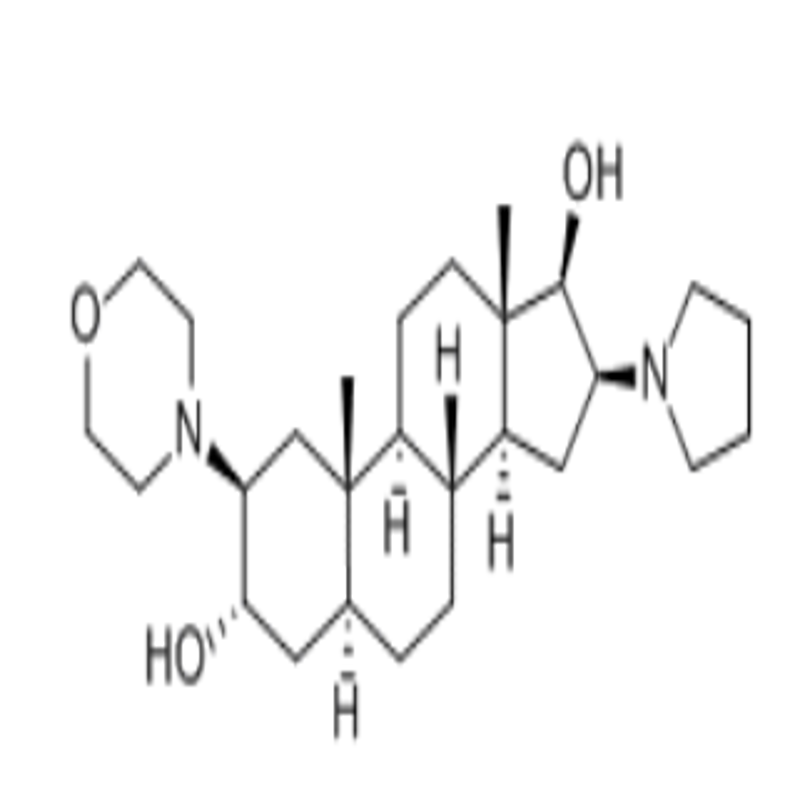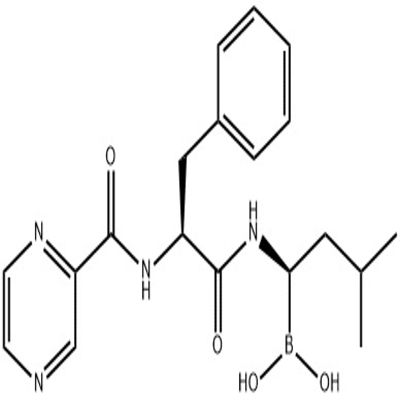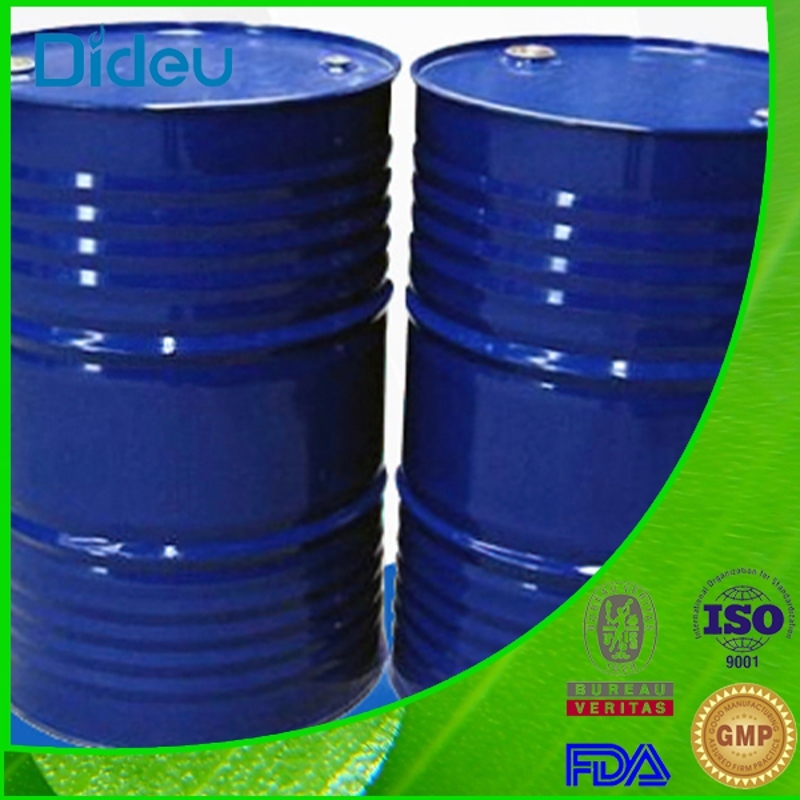-
Categories
-
Pharmaceutical Intermediates
-
Active Pharmaceutical Ingredients
-
Food Additives
- Industrial Coatings
- Agrochemicals
- Dyes and Pigments
- Surfactant
- Flavors and Fragrances
- Chemical Reagents
- Catalyst and Auxiliary
- Natural Products
- Inorganic Chemistry
-
Organic Chemistry
-
Biochemical Engineering
- Analytical Chemistry
-
Cosmetic Ingredient
- Water Treatment Chemical
-
Pharmaceutical Intermediates
Promotion
ECHEMI Mall
Wholesale
Weekly Price
Exhibition
News
-
Trade Service
The chemical industry plays a vital role in our daily lives by providing various chemical products that are used in various industries such as pharmaceuticals, agriculture, and textiles.
One of the chemicals that are commonly used in the industry is METHYL 4-CYANO-5-(METHYLTHIO)THIOPHENE-2-CARBOXYLATE.
This chemical is widely used as an intermediate in the production of various chemical products and is known for its unique properties.
However, the use of this chemical has raised concerns about its safety in the workplace and the environment.
In this article, we will explore the safety of METHYL 4-CYANO-5-(METHYLTHIO)THIOPHENE-2-CARBOXYLATE in the chemical industry.
We will discuss the properties of this chemical, the risks associated with its use, and the measures that can be taken to ensure its safe handling, storage, and disposal.
Properties of METHYL 4-CYANO-5-(METHYLTHIO)THIOPHENE-2-CARBOXYLATE
METHYL 4-CYANO-5-(METHYLTHIO)THIOPHENE-2-CARBOXYLATE is a colorless liquid with a distinctive odor.
It is highly soluble in water and is classified as a moderately hazardous chemical.
The chemical is highly reactive and can ignite on contact with air or water.
It is also highly flammable and can cause fires if not handled properly.
Risks associated with the use of METHYL 4-CYANO-5-(METHYLTHIO)THIOPHENE-2-CARBOXYLATE
The use of METHYL 4-CYANO-5-(METHYLTHIO)THIOPHENE-2-CARBOXYLATE in the chemical industry poses several risks to the health and safety of workers and the environment.
The chemical is highly toxic and can cause serious health problems if ingested, inhaled, or absorbed through the skin.
Prolonged exposure to the chemical can cause damage to the liver, kidneys, and central nervous system.
It can also cause cancer, birth defects, and other reproductive harm.
In addition to the health risks, the use of METHYL 4-CYANO-5-(METHYLTHIO)THIOPHENE-2-CARBOXYLATE can also pose environmental risks.
The chemical is highly volatile and can evaporate quickly, leading to air pollution.
It can also contaminate soil and groundwater if not disposed of properly.
Measures to ensure the safe handling, storage, and disposal of METHYL 4-CYANO-5-(METHYLTHIO)THIOPHENE-2-CARBOXYLATE
To ensure the safe handling, storage, and disposal of METHYL 4-CYANO-5-(METHYLTHIO)THIOPHENE-2-CARBOXYLATE, the following measures should be taken:
- Proper storage: The chemical should be stored in a cool, dry place and kept away from heat, sparks, and other sources of ignition.
The container should be clearly labeled and stored in a designated area. - Proper handling: Workers handling the chemical should wear appropriate personal protective equipment, including gloves, goggles, and breathing apparatus.
They should also handle the chemical in a well-ventilated area and avoid any contact with skin or eyes. - Proper disposal: The chemical should be disposed of in accordance with local and federal regulations.
It should be properly labeled and disposed of







